The UBB Goes Green Strategy was adopted in 2016:
Program-UBB-pentru-dezvoltarea-sustenabila_UBB-Goes-Green
In 2020 it was completed by certain decisions (17 642/7.12.2020) of the Administration Council regarding waste management, application of green technologies, and other issues concerning sustainable development and environmental protection.
The main points of the decisions are:
- Except where technological restrictions prevent it, all luminaries will be replaced with ecological light bulbs (led, halogen) once they reach the end of their operating life. It is also recommended that, to the greatest extent possible, motion and light switches be installed that activate the lighting system only when the intensity of natural light falls below a certain threshold and there are people in the sensor coverage area.
- To minimise water consumption, in the event of major repairs, water taps and toilets will be replaced with items equipped with sensors, subject to financial constraints.
- Paper and plastic waste will be collected separately for recycling, with appropriate containers provided in each office/secretariat office and UBB building.
- Used batteries will be collected separately in dedicated containers in each UBB building.
- Invitations, addresses, notices, and internal documents that do not require physical archiving will be sent solely electronically, thus significantly minimising the wasteful use of paper.
- Each UBB building must provide at least one free and unrestricted drinking water point accessible to UBB students and staff.
- Any major intervention involving UBB buildings will take into account technological solutions that minimise energy usage in order to reduce energy consumption.
- Subject to financial constraints, bicycle and scooter parking lots will be set up at each UBB building.
- Vegetable waste will be collected separately as far as possible in order to produce compost, which will be used to enrich the soils in the ‘Alexandru Borza’ Botanical Garden and other University green spaces.
- Appropriate steps will be taken to reduce the number of animals in bio-bases used for research purposes by using alternative study methods/techniques, thus reducing biological waste and the carbon footprint.
- All UBB equipment purchases will also be driven by the concept of energy efficiency.

